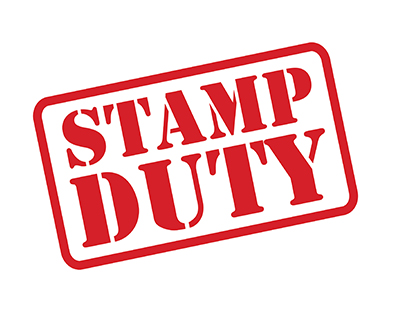
Inheritance tax receipts taken by HM Revenue and Customs jumped to a record high of £4.6 billion in 2015-2016 according to Wilsons, a private client law firm.
It says this is up 21 per cent from £3.8 billion in 2014-2015.
Wilsons says the £4.6 billion collected in the last year is an increase of 70 per cent from 2010-2011 when the total amount raised was just £2.7 billion. The firm says property price rises is the major driver behind the rise.
The current threshold, after which estates are subject to IHT, has remained at £325,000 since April 6 2009.
“Inheritance tax was originally intended as a tax on the very wealthy, but it has now become a general tax for a large proportion of the middle classes. With the increasing value of property, it is no longer just the large windfalls of inheritance from estates that are being taxed according to Wilsons’ partner Tim Fullerlove.
“As the threshold has stayed at a fixed rate for almost seven years, individuals who were not originally intended to be taxed are now facing significant bills because of the rise in property prices, particularly in London and the South East of England” he says.
And there is more good news for the taxman, if not for anyone else.
Wilsons says that, despite the record IHT take, the government is planning to introduce dramatically-increased probate fees that would mean estates worth over £2m would pay £20,000 for undergoing a probate instead of the current £215.
“The planned new fees do not reflect any real difference in the costs to the probate service of handling probate on a large or small estate. In effect, they amount to an additional inheritance tax on larger estates” says Fullerlove.
He says the government is introducing a new main residence nil-rate band for the primary residence when it is bequeathed to a direct descendant. This new band will add an extra £100,000 to the threshold in 2017, and by 2020 will add £175,000.
This band will gradually bring the threshold to £1m for married people, with certain conditions. However, these measures will do less for childless couples and individuals who have never owned their own property.














.png)


.png)




Join the conversation
Jump to latest comment and add your reply
The present government have deliberately allowed house prices to continue their upward surge so that the tax take can increase in sync. with this; also allowing those with money to make more.
Those left having to borrow shed loads (out of necessity) to compete, have to pay the bankers substantial rates of interest, again feathering the nests of the wealthy!
These policies favour those whom are able to 'invest' in the biggest and best houses in the country.
The rest of us will just have to rent.
Is this the way for a government to distribute housing, as as good, necessary for the whole population?
What is there to stop them?
Please login to comment